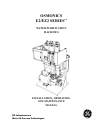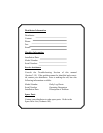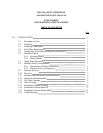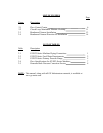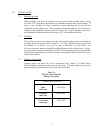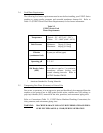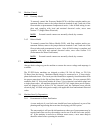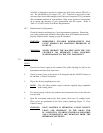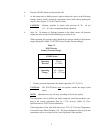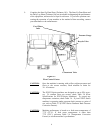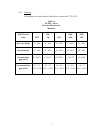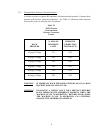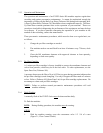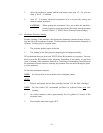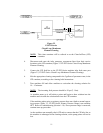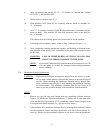
2.6 Machine Control
2.6.1 Economy Model
To remotely control the Economy Model (ECN) with float switches and/or pre-
treatment lockout, remove the jumper between terminals 4 and 5 and wire in the
float switches or pretreatment components in series. After all field wiring is com-
plete and complies with local and national electrical codes, move onto
Section 2.7 (Single-Phase Electrical).
NOTE
: External control contacts are normally closed, dry contacts.
2.6.2 Deluxe Model
To remotely control the Deluxe Model (DLX), with float switches and/or pre-
treatment lockout, remove the jumper between terminals 2 and 3 and wire in the
float switches and pretreatment in series. After all field wiring is complete and
complies with local and national electrical codes, move onto Section 2.10
(Pretreatment for Water Purification).
NOTE
: External control contacts are normally closed, dry contacts.
2.7 Single-Phase Electrical
Always check voltage tag on the machine to ensure the correct voltage and amperage is
available.
The E2/EZ2-Series machines are shipped as either 120 Volt 60 Hertz or 220 Volt
50 Hertz from the factory. Machines should always be connected to a 15 Amp single-
phase dedicated circuit. The circuit provided should be a separately fused disconnect with
the proper protection for the Hp and Amp draws of the machine. Reverse osmosis (RO)
machines with 115 Volt circuit include an 8-foot (2.4 m) electrical cord which plugs into
a single-phase outlet. All machines shipped with a 220 VAC single-phase power require-
ment are shipped with an 8-foot (2.4 m) electrical cord, but customers must provide
electrical plug. All field wiring must comply with applicable local and national electrical
codes.
2.8 Machine S
tart-Up Preparations
2.8.1 Pretreatment for Water Purification
A water analysis of your feed water should have been performed, as part of the
planning and engineering that went into developing your RO system.
The water analysis will provide information on what type of pretreatment may be
required and what recovery the machine can be run at on the feed water provid-
ed. If the machine is moved to a different water source, a new water analysis
should be taken before operating the machine.
3



